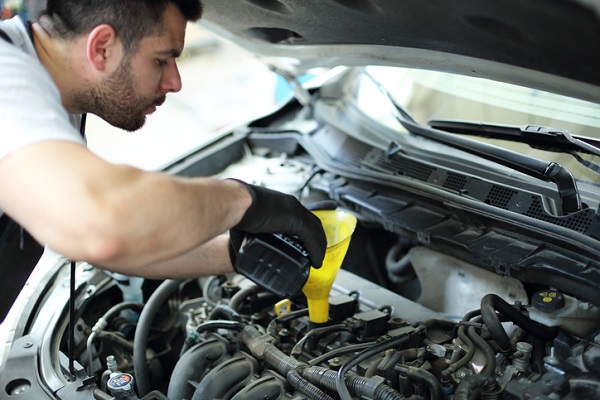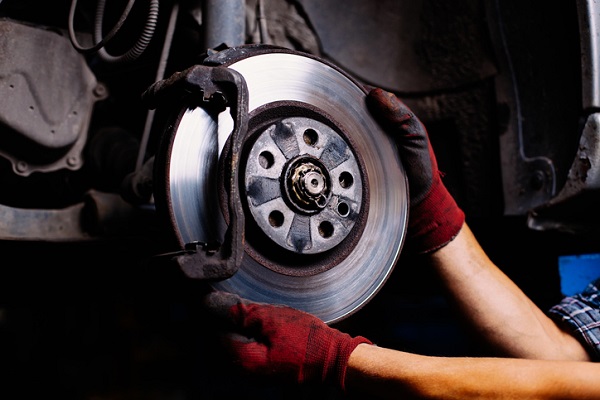Common Engine Noises and What They Mean: A Guide for Students in Auto Technician Training

Engine noises can be pretty alarming. After all, a car with an engine that doesn’t work is really just a useless pile of metal, glass, and leather taking up space in the driveway. Auto mechanics often get calls from concerned drivers who worry that a sound coming from their engine means that that their vehicle may soon stop working.
The good news is that in most cases engine noises are easy to fix, such as with an oil change or an easy-to-replace part. But all engine noises should be taken seriously as even minor problems could lead to dangerous issues if ignored. As you prepare for a career as an auto mechanic, it’s important that you understand what some of the most common engine noises are and what they mean.
Ticking, Tapping, or Clicking: Probably Just Needs an Oil Change
An engine should run as smoothly as a clock, but it shouldn’t sound like one! If you come across an engine that makes a ticking, tapping, or clicking sound, the problem may be with the valve train, especially if the sound increases when the car is moving. A lot of the components of a valve train make a clicking noise anyway when the car is in motion, but if the oil levels are good you shouldn’t be able to hear them. If you can, the solution is usually just a quick oil change. If that doesn’t work, the engine needs to be inspected and a part or two may need to be replaced.

Noises That Increase During Acceleration: Usually a Worn Out Part
During your car repair career, you’re likely to come across plenty of engines that make odd noises that are more noticeable during acceleration. While a lot of issues can lead to noise during acceleration, often the problem is a part has become worn out and needs to be replaced. If you hear a squealing sound upon acceleration, then the fan belt has likely become loose. Sometimes the fan belt can just be retightened, but if it’s really worn down it will have to be replaced entirely.
A Good Auto Technician Can Tell if an Engine Problem Is Something Else
Some sounds that seem to be coming from the engine are actually caused by a completely different issue. For example, you may get a customer complaining of a grinding noise coming from deep within their engine. While this could indicate a problem with the starter, it’s just as likely to be a brake issue, such as front brake pads that have completely worn down. In your auto technician training, you’ll learn about brake system operation and maintenance, which will help you diagnose when an unusual sound is an engine issue and when it is a brake problem.

Knocking Sounds: Be Sure to Learn About These During Auto Technician Training
Many engine noises can usually be fixed with a simple oil change or by replacing a worn down part, but a knocking sound from deep inside the engine is often far more serious. The rod bearings could be entirely worn out, in which case the vehicle may be dangerous to drive. If you ever get a call from a customer complaining about these knocking sounds, you may want to tell them to stop driving their car immediately and to wait for a tow truck.
Do you think you have what it takes for an exciting career in the automotive industry?
Contact the Automotive Training Centres today and see how our auto technician courses can give you the practical skills you need to pursue your dream job!

